

A few weeks ago, while I was wrapping up my ongoing struggle/episode of Stockholm Syndrome with Final Fantasy XIII (don't ask, it's all explained in the podcast), I decided I needed to counterbalance the mindless grinding and off-balance combat with something a little more thoughtful and engaging. My go-to game for this catharsis used to be Prototype, but I can only handle so much lobsterian chitin growing out of my arms before it gets a little old.
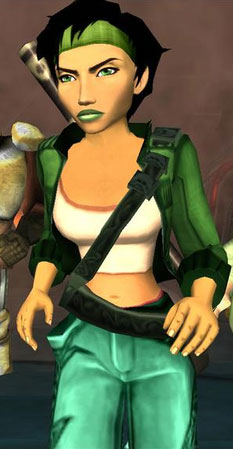
I remembered quite a few people recommending Beyond Good and Evil, though I knew very little about it. A few friends had cited lead character Jade as an example of a strong female lead that isn't sexualized or so invulnerable as to be one-dimensional. Others cited the variety of the gameplay, a combination of stealth, fighting and racing as a strong point. All of these things were inviting enough, and though I'd not played the game in its original incarnation, the thought of playing something from the PS2/Xbox generation held enough of a nostalgic appeal for me that I decided to go for it.
As I played through the first hour, the plot began to emerge (SPOILER ALERT ZOMG). Orphaned at a young age, freelance reporter and photographer Jade makes her home in a lighthouse-turned-orphanage on the peaceful world of Hillys. Peaceful until recently, that is— apparently, there has been galactic conflict for a while, due to hostile aliens called the DomZ attempting to conquer various planets, and they've finally arrived on Hillys. Luckily, an elite corps within the military called the Alpha Section has been formed to protect the citizens. Alpha Section guards are installed throughout the civilian landscape, and whenever the DomZ attack, they manage to show up and save the day.
However, all is not what it seems, and as Jade becomes involved in a grassroots revolutionary group called IRIS, she comes to realize that the Alpha Section guards are actually in league with the DomZ, who are, in addition to instigating a hostile takeover of the planet, engaging in theft from the citizenry and human trafficking. Jade is tasked with bringing photographic proof of this conspiracy back to Hillys, to be released in the IRIS newspaper.
One of the things I noticed as I played was that, while it was clear what my immediate missions were for each major area in the game, I wasn't quite sure what the main… something… of the game would be.
The win condition was obvious- somehow, all my sneaking around, taking photos and odd hand-to-hand fights would amount to the DomZ being defeated. I got that much. I just wasn't sure how that would be.
It was made clear when one of my IRIS contacts stated it outright. My providing photographic evidence of the DomZ and Alpha Section guards conspiracy and its subsequent publishing in the IRIS newspaper was going to get the job done. Yup, no problem there, just get these photos to press, and then The Awful Truth will be revealed. BAM! INSTANT REVOLUTION.
Sounds overly cynical for me to say that with more than a hint of sarcasm (you guys got that from the all-caps, right?), but by today's standards, this plot is just not realistic. Perhaps it shows how far we've fallen in the past 8 years since this game has originally come out, but "Get this information to the people, the rest will take care of itself" just doesn't cut it anymore.
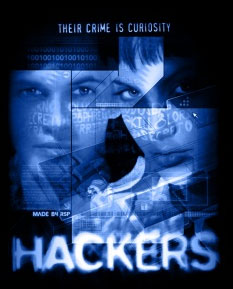
This sort of plot device has a long history as a plot device, and makes for some good reading/watching/playing. Even when it's quite cheesy, as in the case of the classic network espionage film, Hackers, which came out in 1995. A bumbling side-character, in an effort to prove himself worthy of a doofy nickname, obtains a file while performing the totally 1337 maneuver of "hacking the Gibson". The file is initially obtained only as proof, but contains a worm designed by an even doofier (but more evil) hacker named The Plague as a get rich quick scheme. The hapless non-evil doof and his unusually hot Rollerblader friends are immediately framed and have no choice but to hack the Gibson a second time in order to prove their innocence. The win-condition for this, of course, is to reveal the truth to The People, and this is accomplished by a global hacker effort to pre-empt television in order for that guy who played Shaggy in the live action version of Scooby Doo to tell everyone what's what. And somehow, that's it.
And so, you may be asking yourself, "What the hell is Annie's problem? Yes, that kind of plot device is a bit overdone, but it's a time-honored tradition", and you are not wrong. Hackers is perhaps a silly example, as is Soylent Green, and any number of other "No one believes me, but if I can just show them this one thing, it's all gonna change!" stories. What exactly IS my problem?
Well, I'll tell you. The reason I say this particular trope doesn't work anymore (even though maybe it did even 8 years ago) is because nowadays, when someone reveals The Awful Truth, we don't see it. Or we think of it as any number of potential opinions out there to adopt, floating around. By and large, we are so used to having the luxury of willful ignorance towards anything that contradicts what we want to be true, that we consider the act of witnessing something like photographic evidence, hard data gathered by different sources that all points to the same conclusion, or leaked documents revealing all kinds of difficult facts straight from the horses' mouths (and the horses in this case are various national governments and corporate entities) to be on a par with when a friend tells us something along the lines of "You know, you really can't pull off that shade of blue. It makes your hair look like cat vomit".
"Dammit", you may say, "I'm invested in this shade of blue. Periwinkle-fucking-blue, I bought an entire wardrobe of it, and I'm just going to ignore this friend, because after all, why let one inconvenient statement ruin my whole periwinkle construct. I spent a lot of time and money on this, and I can't back out now".
And you know, if were just an opinion, it wouldn't be that big of a deal. Personally, I think periwinkle is sort of a bullshit color and probably should only be seen in the world of flora. But hey, it's your life, your face, and your cat vomit hair. Periwinkle is ugly, Soylent Green is people, Wall Street is gambling with citizens' money and the Alpha Sections are in league with the DomZ. One of these things is not like the other, because one of them is an actual opinion, but the others are (with sufficient evidence, of course) facts.
Okay, some are facts only as far as they exist within the context of the fiction from which they originate, but you see the difference, right? Please?
We have the unfortunate tendency, as of late, to do weird things to uncomfortable facts when they come to light. Some might refer to these techniques as "spin", others might say that it's more of a "misdirection". Regardless, it's become widespread and effective enough that when I look at a game like Beyond Good and Evil, for all the brilliant moments in the game, for all the satisfaction at the end as the imprisoned citizens are set free and the evil DomZ are defeated, I think to myself "Yeah, that would never happen", because the only reason that Jade is able to get back into the Crypt to fight the DomZ leader in the first place is because the citizens back on Hillys have revolted. They have stood up, thrown the Alpha Sections out, reclaimed their space fleet, and launched a full-on assault that allows Jade to pilot her own ship out of the battle and into the final confrontation, face to face.

I would like to be wrong, and maybe I will be. Perhaps these Occupy Wall Street protests will actually come to something. Maybe they will stop being about a few asshole cops who abused their authority by assaulting some protestors, because as much as that sucks, it's not the point of it all. Maybe someone will come along and be able to sum up what the point of it all actually is in a way that's less complicated than this document, because even though that declaration is pretty cool, it's still too complicated for us. Hell, the US's own constitution appears to be too complicated even for the people that bitch about it the most. We respond to talking points and rhetoric, and we reduce and repeat those talking points until they are dogma. We are not critical thinkers anymore.
And really, I have not a leg to stand on, here. Though I've been grumblingly, nebulously malcontent for quite some time, I didn't actually solidify this idea in my own mind until I played a damned videogame.
If you think I'm being overly dramatic, particularly with the Soylent Green example, think about this: Whatever you're eating right now, unless you are committed to knowing what's in your food to an obsessive degree, probably has chunks of wood in it, and while that's not necessarily a bad thing, it might be alarming to think about if you didn't already know.
And if you didn't already know that, imagine what else you don't know.

But hey, there's good news: It's not like we're living in North Korea! It's not too late to start paying attention and using our brains! I'm not saying to freak out about eating people and/or trees, or automatically buy every single anti-government, anti-business sentiment you hear. In fact, that is the opposite of what I'm saying. The key thing here is not to be on one side or the other, or to necessarily take a stand for the sake of taking a stand, it's to use first your eyes and ears to take in the information, and then your brain to assess it, to try to understand what it means without any pundits running interference.
After all, if we can manage to accomplish the simple task of learning to tell the difference between fact and opinion, to understand what counts as damning evidence versus what is simple slander, we might actually be ready when the DomZ finally make their way to Earth and start trying to turn all our asses into their own version of Soylent Green.

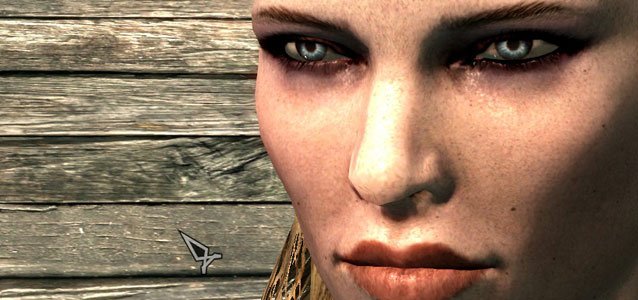
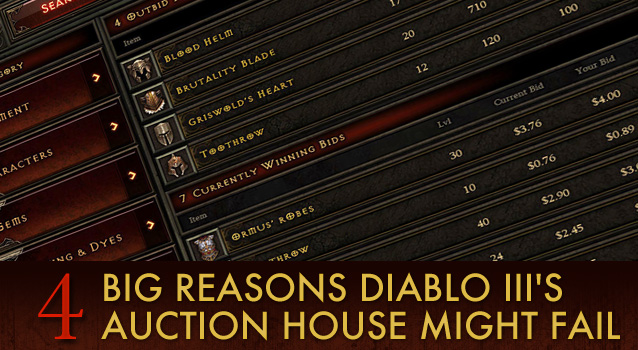
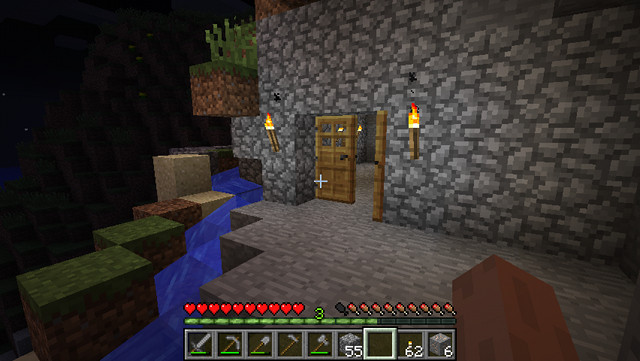
 6 Best Free Tax Software to File Your Next Return
6 Best Free Tax Software to File Your Next Return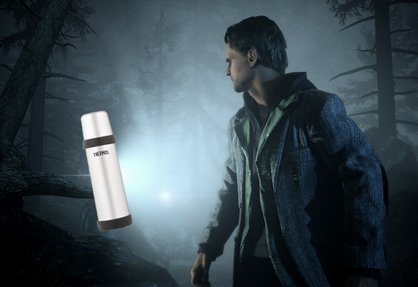 Top 10 Worst Action/Adventure Clichés
Top 10 Worst Action/Adventure Clichés The best Indie games at Gamescom
The best Indie games at Gamescom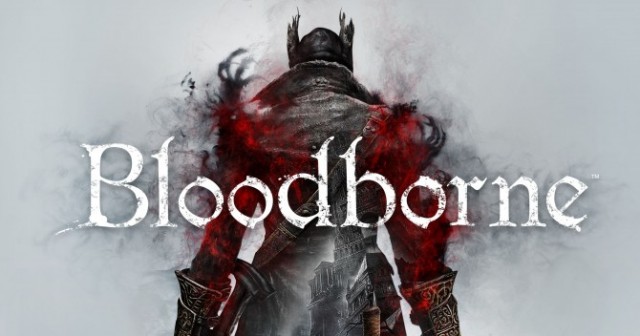 How to fix PS4 Bloodborne Game install incomplete. Cannot load save data Error and Saves File Issues after Patch 2.50
How to fix PS4 Bloodborne Game install incomplete. Cannot load save data Error and Saves File Issues after Patch 2.50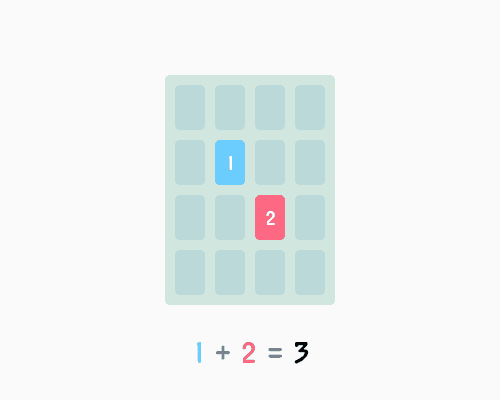 Fun With Numbers: 6 Best Single-Player Games For Mental Math
Fun With Numbers: 6 Best Single-Player Games For Mental Math